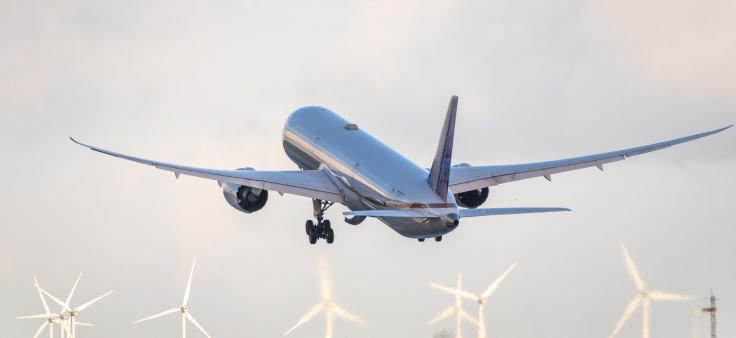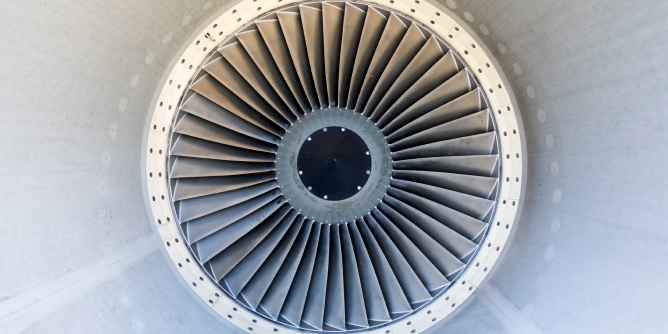
What are the benefits of flying with SAF?
Using Sustainable Aviation Fuel reduces carbon emissions, protects the environment, and contributes to the sustainable future of aviation.

Emissions reduction of up to 90%
Due to its renewable nature, it reduces carbon emissions up to 90% throughout the entire lifecycle, in comparison with fossil fuels.

Immediate solution
It is chemically analogous to traditional fossil fuels used in today's engines.

No additional investment
No modifications to existing engines or the distribution system are required.

A partner in the energy transition
It accelerates decarbonization in all sectors, especially those with complex electrification.

Bring visibility to your commitment to sustainability
It positions airlines as companies committed to sustainability.

Increased safety
It helps to diversify our energy sources and contributes to increasing energy independence and supply security in Spain and Europe.

Boosting the circular economy
It is a sustainable energy solution because it is produced from waste that would otherwise be discarded or end up in landfills.
Learn about our projects to contribute to decarbonization
We are transforming aviation alongside our partners
Resuelve tus dudas sobre SAF
-
-
Sustainable aviation fuel (SAF) is a second-generation biofuel produced from waste such as used cooking oil or agricultural and livestock waste. SAF reduces lifecycle CO₂ emissions by more than 80% compared to the traditional fossil fuels.
-
Produced from waste that has been previously treated to remove impurities. These materials are refined through a process called hydrodeoxygenation, which removes oxygen, sulfur, and nitrogen from these renewable raw materials.
-
SAF reduces lifecycle CO₂ emissions by more than 80% compared to fossil fuel. It also boosts the circular economy by using organic waste.
-
It can be used in current aircraft engines and airport infrastructures. So it does not require additional investments.
-









